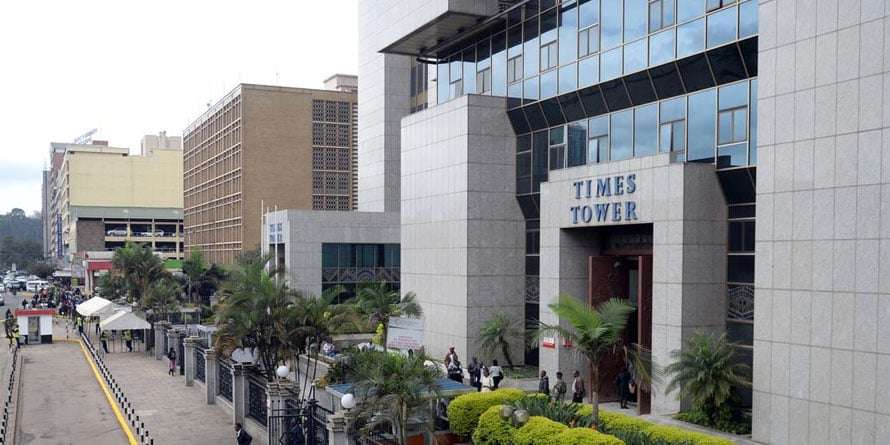Geoffrey Mosiria, Nairobi County’s Chief Officer for Environment, announced that new regulations will require matatu operators to mute their music upon entering the CBD. They will only be permitted to resume playing music once they have exited the district. Mosiria explained that these regulations are necessary to protect the CBD—home to businesses, colleges, and residential areas—from the harmful effects of excessive noise
Operators of all matatus entering Nairobi’s Central Business District (CBD) will now be required to mute their music systems as part of new measures aimed at curbing noise pollution and maintaining order.
These measures, which form part of a broader initiative by the Nairobi City County Government, will target not only matatus but also clubs and businesses within the CBD. The aim is to reduce noise pollution, which has long been a problem for businesses, learning institutions, and residents in the area.
Geoffrey Mosiria, the Nairobi County Chief Officer for Environment, announced that the new regulations will require matatu operators to mute their music upon entering the CBD. They will only be allowed to resume playing music once they have exited the district. Mosiria explained that the regulations were necessary to protect the CBD, which houses businesses, colleges, and residential areas, from the detrimental effects of loud noise.
“When they are in the CBD, they should not play loud music. We have businesses, colleges, and such,” he said, underscoring the county’s commitment to restoring order.
In addition to regulating matatus, the new rules will prohibit touts and conductors from shouting to attract passengers. Instead, they will be required to use placards displaying route information and fares.
The county will also crack down on businesses that use loud music outside their premises to attract customers, including electronic shops, street vendors, and establishments using pre-recorded messages.
“We want the town to be quiet. We want to restore order,” Mosiria stated.
Bars, clubs, and churches known for playing loud music will also be subject to stricter enforcement. Some clubs have reportedly fought legal battles to avoid compliance, even securing court orders to prevent county officials from shutting them down.
“Legally, only bars and restaurants are permitted to operate in residential areas. As such, we do not understand how someone can open a nightclub in a residential area and then run to court seeking orders to protect them from disturbing the peace of the citizens,” Mosiria said.
To ensure compliance, the county will work closely with the police, the National Environment Management Authority (NEMA), and liquor licensing officers to conduct thorough inspections and enforcement operations.
“We will be mounting serious operations on weekdays. We take measurements at night, then come in the morning and seize all exhibits, including speakers and sound systems. We will also confiscate liquor if these establishments are found to be unlicensed,” Mosiria added.
These changes are expected to significantly alter the dynamics of Nairobi’s bustling CBD, ensuring that businesses operate within the county’s environmental guidelines and promoting a quieter, more orderly urban environment.





